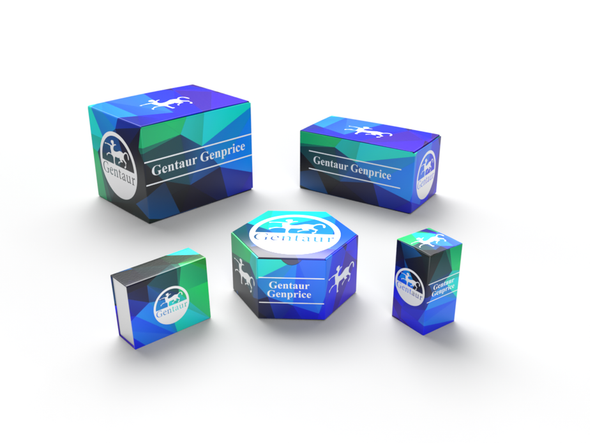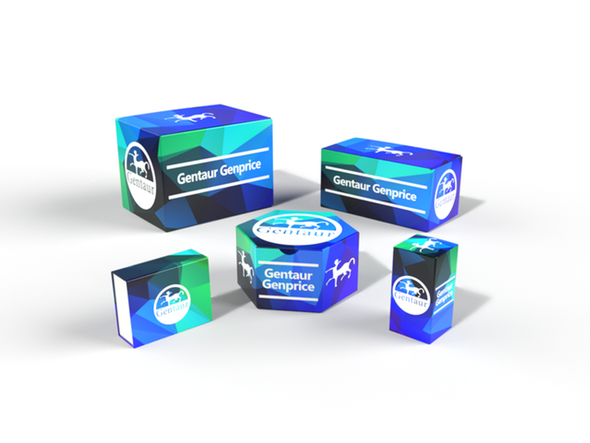BW
IGF-1R (phospho-Y980) polyclonal Antibody | BS5081
- SKU:
- BW-BS5081
- Availability:
- Usually ships in 5 working days
Description
IGF-1R (phospho-Y980) polyclonal Antibody | BS5081 | Gentaur UK, US & Europe Distribution
Host: Rabbit
Reactivity: Human,Mouse,Rat
Application: IHC
Application Range: IHC: 1:50~1:200
Background: Insulin-like growth factor-I receptor (IGF-IR) is an RTK that stimulates growth in many different cell types, blocks apoptosis, acts as an intermediate of many growth hormone responses and may stimulate the growth of some types of cancer. The IGF-IR cognate ligand insulin-like growth factor-I (IGF-I) promotes association of IGF-IR with Shc, GRB2 and Sos 1, which initiates Ras and ERK kinase cascades, thereby modifying transcription factor activity, such as activation of the Elk transcription factors. The modular phosphotyrosine binding (PTB) domains of insulin receptor substrate (IRS) -1 and -2 can associate with active IGF-IR and initiate phosphatidylinositol 3-kinase-dependent downstream signals.
Storage & Stability: Store at 4°C short term. Aliquot and store at -20°C long term. Avoid freeze-thaw cycles.
Specificity: p-IGF1R (Y980) polyclonal Antibody detects endogenous levels of IGF1R protein only when phosphorylated at Tyr980.
Molecular Weight: ~ 95,155 kDa
Note: For research use only, not for use in diagnostic procedure.
Alternative Names: Insulin-like growth factor 1 receptor; Insulin-like growth factor I receptor; IGF-I receptor; CD221; Insulin-like growth factor 1 receptor alpha chain; Insulin-like growth factor 1 receptor beta chain; IGF1R
Immunogen: Synthetic phosphopeptide derived from human IGF-1R around the phosphorylation site of Tyrosine 980.
Conjugate: Unconjugated
Modification: Phosphorylation
Purification & Purity: The Antibody was affinity-purified from rabbit antiserum by affinity-chromatography using epitope-specific immunogen and the purity is > 95% (by SDS-PAGE) .
Pathway: NF-kB Signaling,PI3K AKT signaling,Immune Cell Signaling,STING Signaling,Inhibition of Apoptosis,






